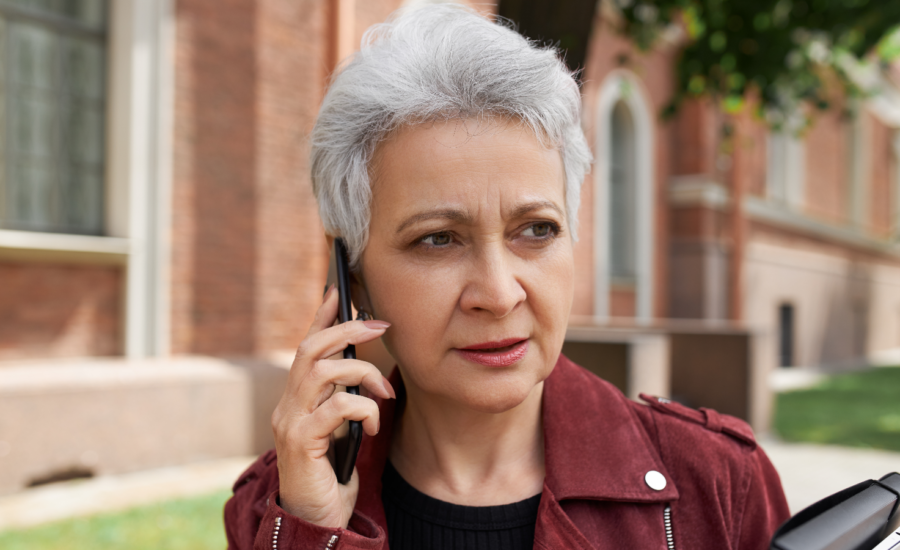Beware of CRA phone scams

Presented By
Equifax
Scammers are impersonating the Canada Revenue Agency to try to steal your money. Here’s how to protect yourself from CRA scams.
Advertisement

Presented By
Equifax
Scammers are impersonating the Canada Revenue Agency to try to steal your money. Here’s how to protect yourself from CRA scams.

Is that the CRA calling you—or is it a scammer? The Canada Revenue Agency (CRA) is warning taxpayers to watch out for scammers who impersonate its agents, demanding immediate payment for taxes owed and issuing threats of fines, criminal charges, jail time and even deportation if you fail to pay.
Scammers demand payment via e-Transfer or with unusual methods such as prepaid credit cards, gift cards or crypto. They also pressure the target to act immediately or within a couple of hours. Scammers want to get their hands on your hard-earned money as soon as possible—they know that if you have a few moments to think and do a quick Google search or ask a friend, their jig is up.
Scammers may also approach their targets with emails, text messages and letters. Whatever the method, scammers can be very convincing. They may tell you that your taxes have been audited and that you owe money. To sound legitimate, they might recite ID numbers and case numbers. They might know some of your personal information, such as your home address, birthdate or your social insurance number (SIN). The caller ID on your phone might even display an Ottawa phone number—scammers often use technology to “spoof,” or fake, their location. They could actually be calling from anywhere in the world.
Equifax Complete Protection is a credit and cybersecurity protection service designed to help Canadians spot the signs of identity fraud faster.
Subscription price: $34.95 per month
Some scammers, instead of trying to instill fear in our law-abiding hearts, entice Canadians with the promise of extra benefits and refunds. Fraudsters cast their net for victims via email rather than phone and wheedle out important personal information—including your SIN and bank details—under the guise of sending you more money, only to bleed your bank account dry.
This scam is being sent to more people, since it’s a lot easier to send out a mass email than making hundreds or thousands of phone calls. One red flag for this CRA scam is if the email starts with a generic “Dear Taxpayer,” which the real tax collector would never do. Alternatively, if your email address includes your name, these impostors may use that in the greeting instead, but watch out for bad spelling and grammar throughout the rest.
Here are some additional points to consider if you ever think you’re dealing with a scammer, taken from the CRA website.
The CRA will not:
When in doubt, ask yourself the following:
If you have received this call or email and have fallen for the ruse, immediately attempt to stop the transfer of money. Depending on how long it has been since the initial call, this may not be possible. Regardless of whether you can stop the transfer, report the fraud to the police, the CRA, Canada’s two credit bureaus (TransUnion and Equifax), your financial institutions and the Canadian Anti-Fraud Centre.
This is an editorially driven article or content package, presented with financial support from an advertiser. The advertiser has no influence on the creation of the content.
Share this article Share on Facebook Share on Twitter Share on Linkedin Share on Reddit Share on Email